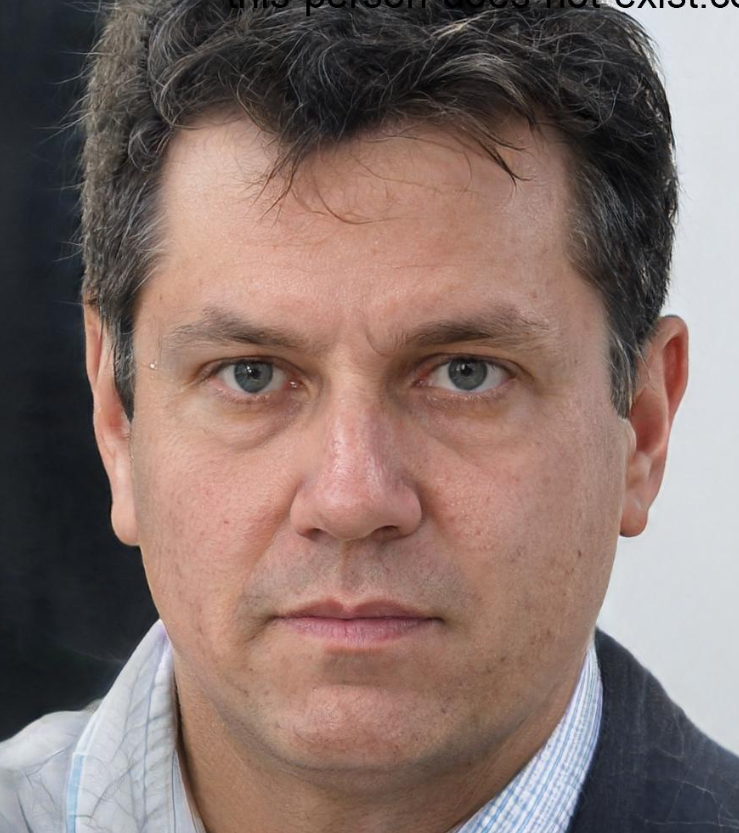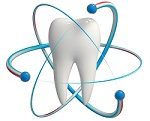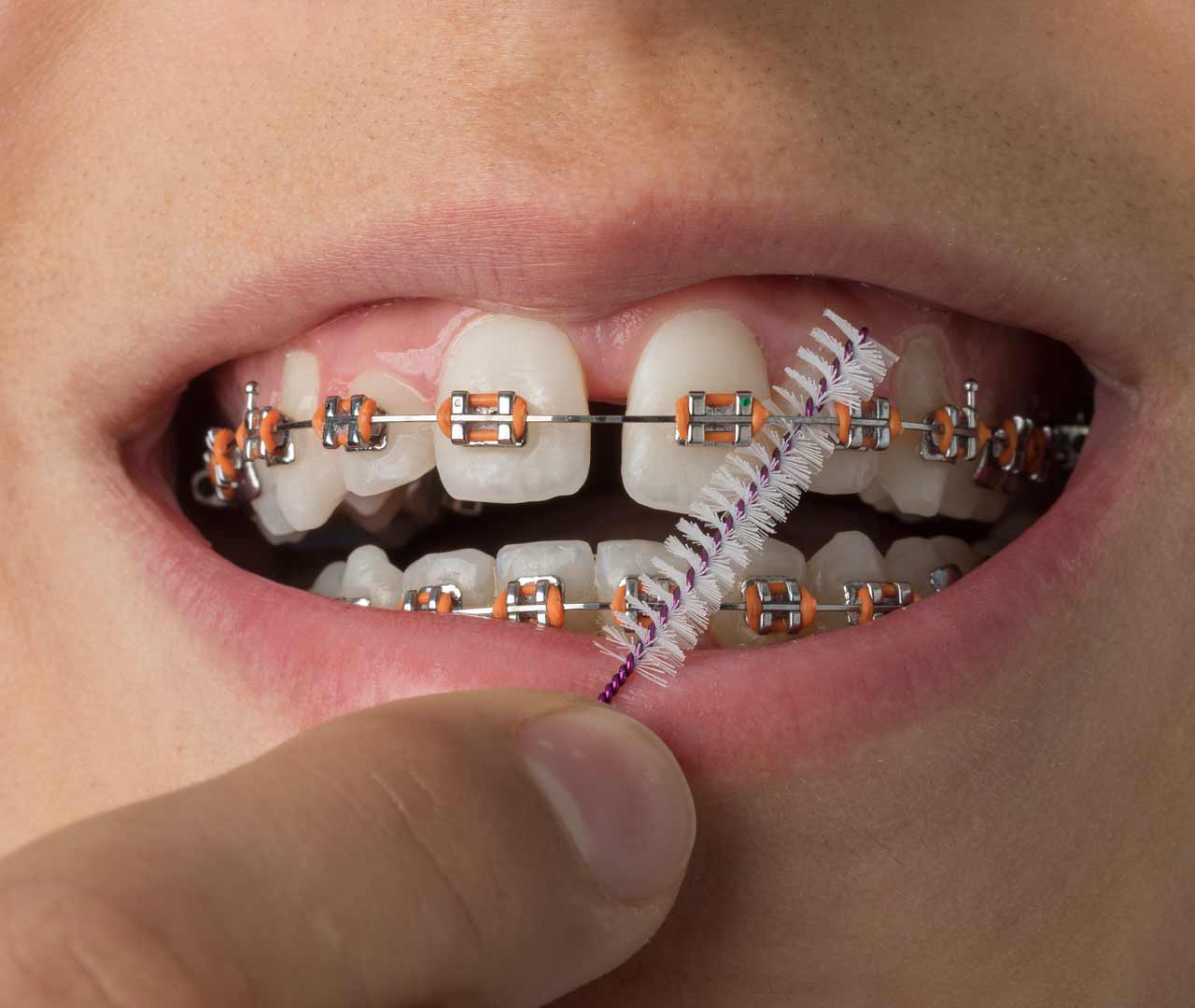Introduction
Good oral hygiene is essential for maintaining a healthy smile and preventing dental problems. One of the most important aspects of oral care is proper teeth cleaning. While most of us brush our teeth regularly, it’s crucial to ensure that we are using the correct techniques to maximize the effectiveness of our brushing routine. In this blog post, we will explore some essential tips and techniques for effective teeth cleaning that will help you achieve optimal oral health.
Choosing the Right Toothbrush
When it comes to effective teeth cleaning, the first step is to choose the right toothbrush. Opt for a toothbrush with soft bristles to avoid damaging your gums. Additionally, consider the size of the toothbrush head to ensure it can reach all areas of your mouth.
The Two-Minute Rule
Many people underestimate the importance of brushing their teeth for an adequate amount of time. Dentists recommend brushing for at least two minutes to thoroughly clean your teeth and remove plaque and bacteria.
Proper Brushing Technique
It’s not just about the time spent brushing; the technique matters too. Hold your toothbrush at a 45-degree angle and use gentle, circular motions to clean each tooth. Pay extra attention to the gumline and hard-to-reach areas.
Don’t Forget Your Tongue
While brushing your teeth, don’t forget to clean your tongue as well. Bacteria can accumulate on the surface of your tongue, leading to bad breath and oral health issues. Use your toothbrush or a tongue scraper to gently clean your tongue.
The Power of Flossing
Brushing alone is not enough to remove all the plaque and food particles from between your teeth. Make flossing a part of your daily oral hygiene routine to reach those tight spaces and prevent gum disease and cavities.
Mouthwash for Extra Protection
Consider incorporating a mouthwash into your teeth cleaning routine. Mouthwash can help kill bacteria, freshen your breath, and provide additional protection against cavities and gum disease. Look for an alcohol-free mouthwash for a gentler experience.
Brushing Frequency
Brushing your teeth twice a day is the standard recommendation. However, if you consume sugary or acidic foods and beverages, it’s beneficial to brush your teeth after such meals to minimize the damage caused by these substances.
Summary
Proper teeth cleaning techniques are vital for maintaining good oral health. In this blog post, we have discussed some essential tips to enhance the effectiveness of your brushing routine. By following these techniques, you can ensure that you are thoroughly cleaning your teeth and gums, reducing the risk of dental problems such as cavities and gum disease. Remember to brush at least twice a day, use a soft-bristled toothbrush, and pay attention to each tooth’s surface, inc discover this info here luding the gumline. Additionally, don’t forget to floss daily and schedule regular dental check-ups to maintain a healthy smile for years to come.
- Q: How often should I brush my teeth?
- A: It is recommended to brush your teeth at least twice a day, preferably in the morning and before bedtime.
- Q: What type of toothbrush should I use?
- A: It is best to use a soft-bristled toothbrush that can reach all areas of your mouth comfortably.
- Q: How long should I brush my teeth?
- A: Dentists suggest brushing your teeth for a minimum of two minutes each time to ensure a thorough cleaning.
- Q: Should I use a toothpaste with fluoride?
- A: Yes, using a toothpaste that contains fluoride helps strengthen tooth enamel and prevent tooth decay.
- Q: How should I hold my toothbrush while brushing?
- A: Hold your toothbrush at a 45-degree angle to your gums and brush using gentle, circular motions.
- Q: Is flossing necessary?
- A: Absolutely! Flossing helps remove plaque and food particles from between your teeth and along the gumline.
- Q: How often should I replace my toothbrush?
- A: It is recommended to replace your toothbrush every three to four months or sooner if the bristles become frayed.
- Q: Can I use mouthwash as a substitute for brushing?
- A: Mouthwash is not a substitute for brushing. It can be used as an additional step to freshen breath and kill bacteria, but brushing is essential for proper teeth cleaning.

Welcome to my website! My name is Ryder Forsyth, and I am a dedicated and passionate professional Orthodontist. With years of experience in the field, I have had the privilege of helping countless individuals achieve their dream smiles and improve their overall oral health.

